#orlando furioso
Text
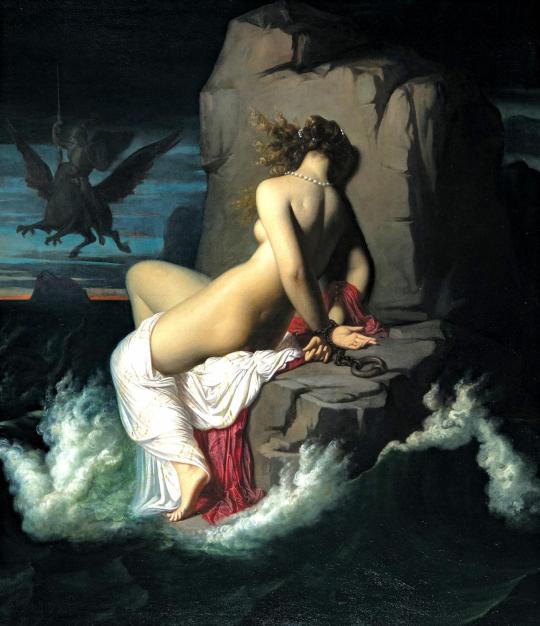
Angelique by Léopold Burthe (1852)
#leopold burthe#art#paintings#fine art#19th century#19th century art#neoclassicism#neoclassical#neoclassical art#painting#french art#french artist#american artist#poetry#poetry art#orlando furioso#angelica#ruggiero#hippogriff#classic art
4K notes
·
View notes
Text
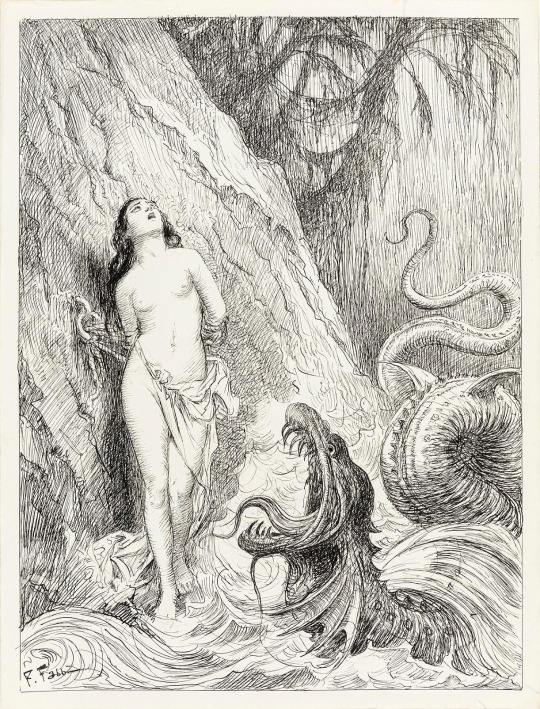
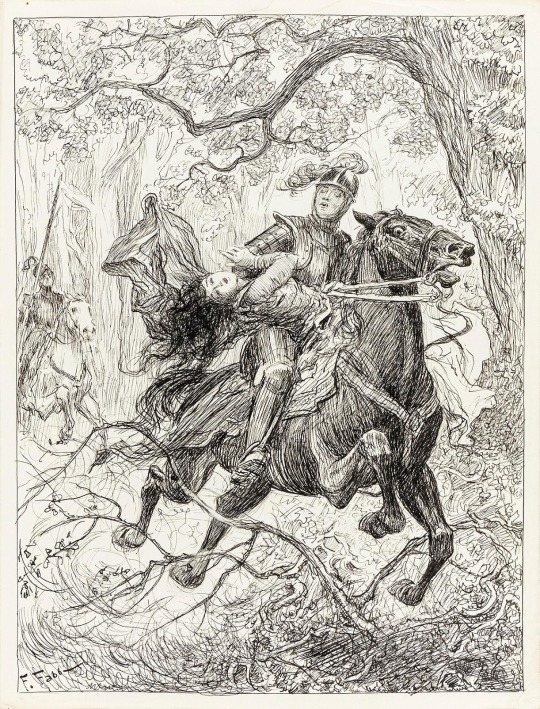

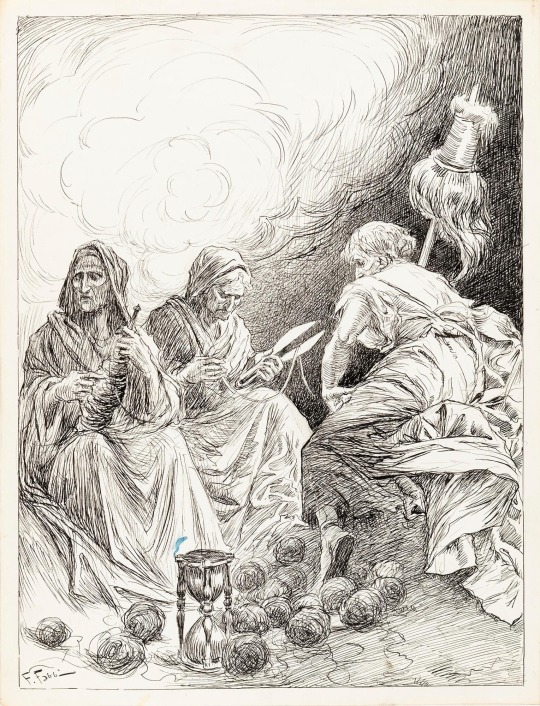

L'Orlando furioso by Fabio Fabbi
#orlando furioso#art#fabio fabbi#ludovico ariosto#poem#medieval#middle ages#knights#knight#chivalry#chivalric romance#history#europe#european#mythology#folklore#christian#armour#mythological#sea monster#sea dragon#sea serpent#monsters#dragons#serpents#dragon#serpent#monster#enchanted#cherubs
2K notes
·
View notes
Text
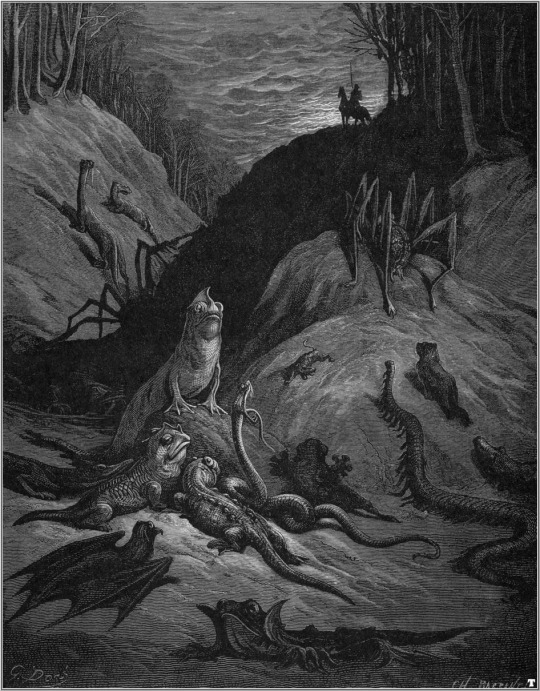
Monsters in Astolfo’s path.
Illustration by Gustave Doré for Orlando Furioso.
295 notes
·
View notes
Text

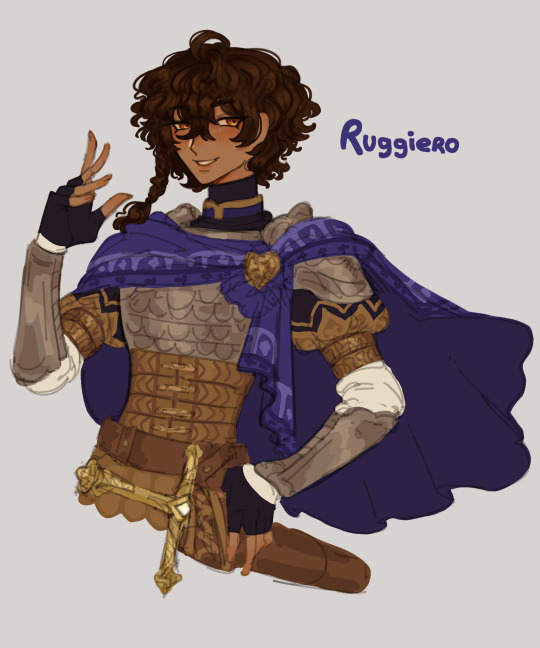
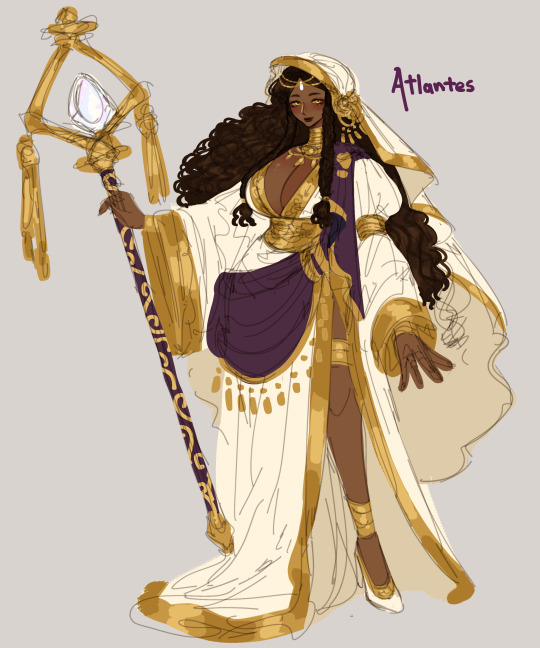

An array of Orlando Furioso Servant designs...!
Bradamante & Ruggiero are quite old already (4 years!), but Atlantes and Marfisa are new additions to my (not very small) fanservant collection~
Well, at least the family is sort of together now (on Ruggiero's side, at the very least) ^_^♪
Old drawings and extra under cut~
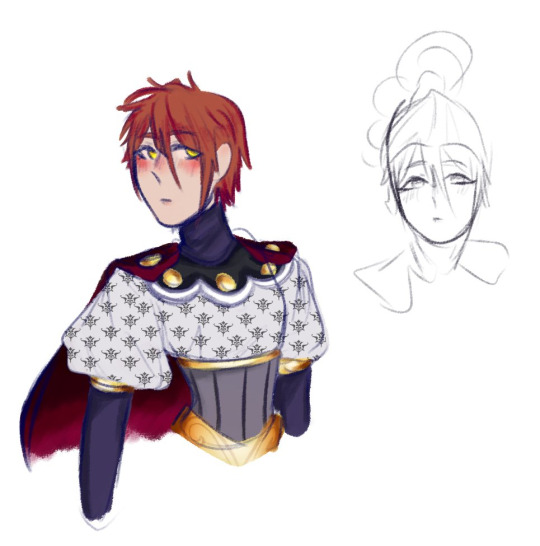


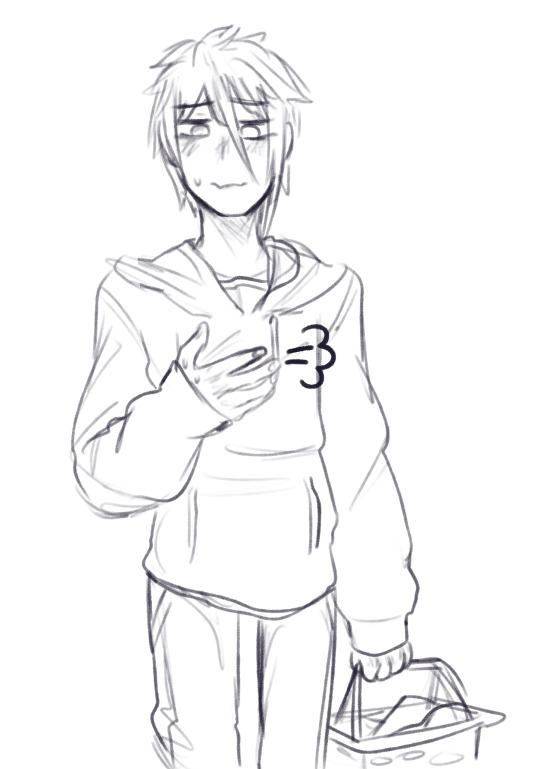

base design, 2. first design idea/concept, 3. fullbody attempt on final design, 4 & 5. sketches of her 'casual look' (her master was a young'un who liked rap Very Much and only had an old tupac hoodie to lend her...)
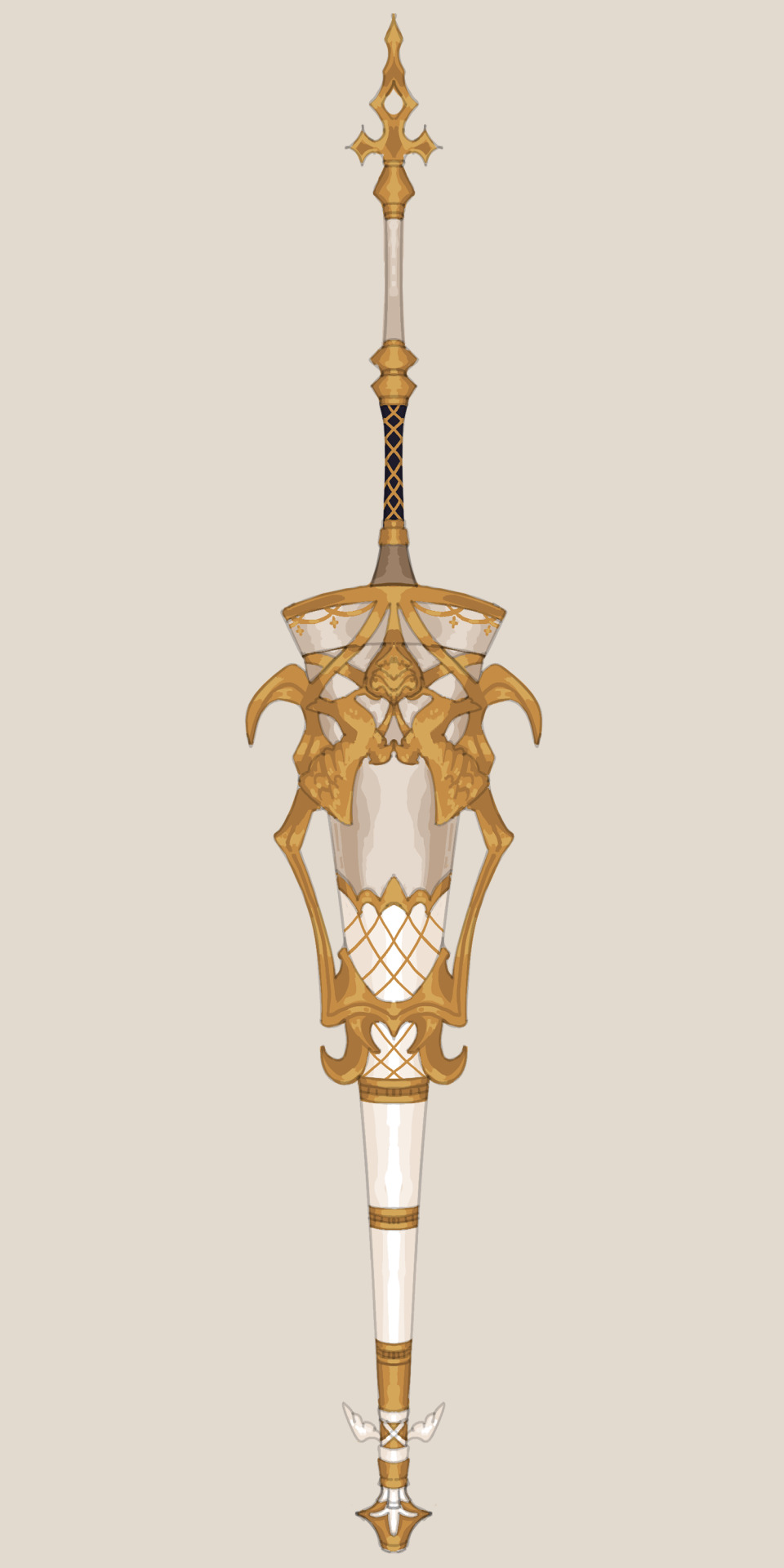
But before I forget, her redesign's lance look! I wanted to keep the golds as main accent!

And this was the only drawing Ruggiero had for all these years. Poor laddie...
#miriart#oc#oc art#oc artwork#fgo#fate#fate series#fate oc#fanservant#orlando furioso#orlando innamorato#bradamante#ruggiero#atlantes#marfisa#artists on tumblr
83 notes
·
View notes
Note
Hello! Love your ogre research, first of all. So something weird here, in my English translation of Ariosto the monster that threatens Angelica (the orca) is translated as “sea orc”, and the blind ogre who acts like Polyphemus (the orco) is translated as “land orc”. (And by extension “sea orc” evolved into a dragony thing in some modern fantasy books). Any idea why that happened instead of just calling them “orca” and “ogre” or something?
Ah yes the Orlando Furioso. I meant to include this in my big "What makes an ogre" series but never got the time.
So... I have to admit I am not an expert on Italian language, especially old fashioned Italian language, and I also am no expert on the full Orlando Furioso (it is a very complex work I only got started on recently). But here's the thing...
It is well-known that the Orlando Furioso was put together by taking elements of Greco-Roman mythology and reinventing them completely. The Orco and Orca are this. The Orco is basically Polyphemus reinvented - but here with two eyeballs made of bone instead of one eye promptly gouged out. The Orca meanwhile is the sea-dragon of the Andromeda story given a new name. So far so good.
But "Orca" is not meant to evoke the sea animal of the same name, the "killer whale", and that's something everybody has to remind people of (even the Wikipedia article for the Orca in Italian points out it is NOT the "orca" as in the sea creature). Orca is used here as the male form of "orco" - and the "orco" is indeed the same name of creature used by Basile to designate his proto-ogres. The "uercos", which is just "orcos" spelled differently.
So should we translated "Orco" as "ogre" and "Orca" as "ogress"? Well... No, it wouldn't work. At least for the Orco it can work since he sports typical ogre traits and DID influence the rise of the ogre figure in France (I don't think it is a random choice if madame d'Aulnoy's ogres are cyclops). But the Orca clearly isn't the same kind of creature - it is a sea dragon, or a sea monster, or some big sea snake. So this hints at the fact that "orco/orca" doesn't actually translated, in the context of the Orlando, as "ogre"...
You see, by Basile's Pentamerone, the "orco" is clearly an "ogre" in the fairytale sense of the word - though some English translators decided to go for "ghoul" because they didn't understand why an ogre would have magical powers, unaware that ogres were originally sorcerers/fairies of their own rights. They preferred to evoke the shapeshifting Arabian demons, allowing for an easier explanation of "Oh yes the ogre turns into all sorts of animals and curses people when it can't eat them".
[Note: As I write this I realized "orchi" is apparently the plural of "orco"? Well... I'll keep calling them "orcos" for now, but another proof I am not expert when it comes to these things]
But the author of the Orlando Furioso seems to have had a different and more ancient meaning in head for "orco". If you ask me, what seems very likely (though I am no expert) is that "orco"/"orca" is here taken as meaning "man-eating monster". Not just a fairytale ogre, but any kind of creature that wants to devour human beings. As a result the "orco" is an ogre-like giant, while the orca is a sea monster-dragon. "Orco/a" is used in the same broad sense as how "fairy" could be used in the British Isles to refer to all sorts of creatures, or yokai in Japan - or at least, that's what it seems to me. This is probably why the translator chose to prefer the term "orc", more neutral and evoking the older roots and mysterious figures behind the word "orc" before Tolkien made it famous. Calling the sea creature "orca" feeds the confusion with the killer whale ; while calling the land monster "ogre" might remove the idea that he is another form of the sea creature met earlier. One could keep the cohesion by having "ogre / ogress" but it would be mistranslating to call the sea monster "ogress" when it is clearly not just a female version of the land creature. So ultimately I think this is why the terms "sea orc" and "land orc" were chosen - it keeps the unity, while pointing out that the term does not designate a specific type of being, more a large class of man-eating beings. You could easily go with "sea monster" and "land monster" too.
At least that's how I perceive things - but again I am NO expert and any actual Italian insight on this topic would be more than welcome.
118 notes
·
View notes
Text
I love how we all agree A Knight is "fruity" (pun intended) with almost no mention to the fact that he is based on/actually is Roland/Orlando from Chanson du Roland/Orlando Furioso/Orlando Inammorato.
My guys, these 2 are cousins.


#reverse 1999#a knight#r1999#astolfo#fate#fate series#fate/apocrypha#fate/grand order#fgo#gacha#chanson du roland#orlando#orlando furioso#orlando inammorato#yaoi#crossdress
54 notes
·
View notes
Text
*walks towards a couple* So who's the Madoka Kaname and who's the Homura Akemi in the relationship
#this is *absolutely* about ruggiemante#I listened to kimi no gin no niwa last night and i got emotional about them again#orlandoposting#orlando furioso#ruggiemante#ruggiero#bradamante#pmmm#madoka kaname#homura akemi
208 notes
·
View notes
Text

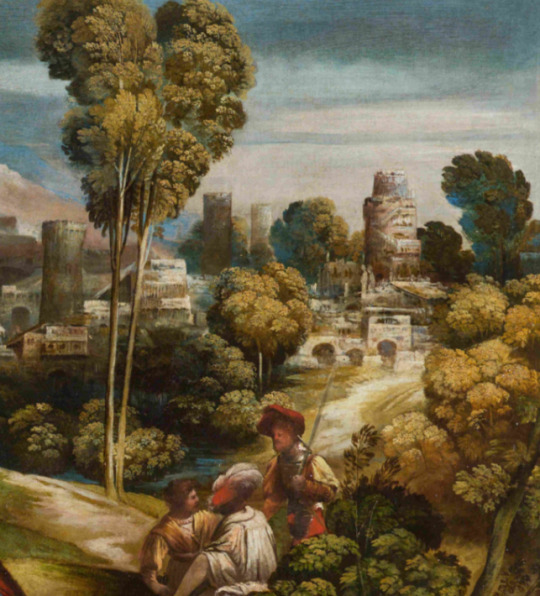

Melissa or Circe, Dosso Dossi, about 1518
#art history#art#italian art#aesthethic#painting#greek mythology#ancient greece#16th century#melissa#circe#sorceress#witch#the odyssey#homer#orlando furioso#ludovico ariosto#dosso dossi#galleria borghese
35 notes
·
View notes
Text

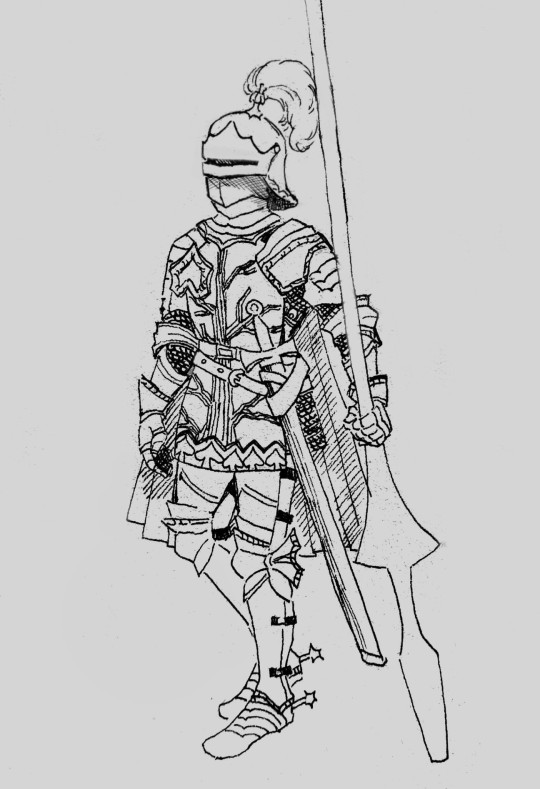
Bradamante & angry Bradamante
34 notes
·
View notes
Photo

Angelica Attached to the Rock by Jules-Louis Machard (1869)
#jules-louis machard#art#paintings#fine art#19th century#19th century art#academism#academicism#academic art#painting#french artist#french art#poetry art#epic poem#orlando furioso#angelica#classic art
4K notes
·
View notes
Text
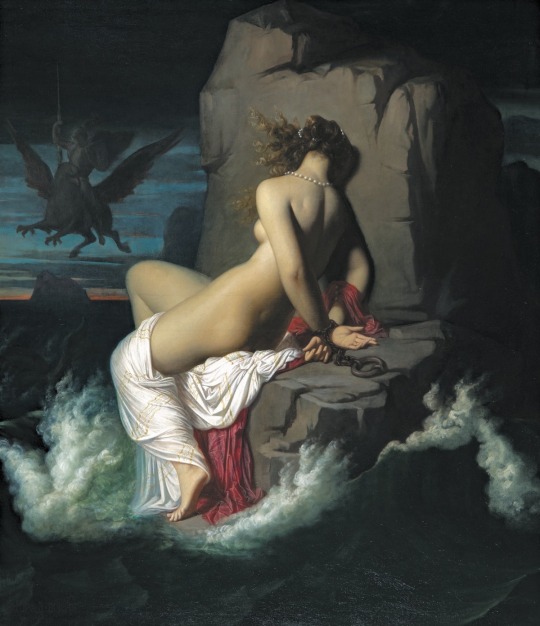
Angelique by Léopold Burthe
#angelica#roger#orlando furioso#ludovico ariosto#hippogriff#art#chivalry#chivalric romance#medieval#middle ages#renaissance#knights#knight#monster#monsters#mythology#sea monsters#sea monster#serpent#serpents#beast#beasts#europe#european#history#mythological#damsel in distress#léopold burthe#mythical creatures#sea serpent
147 notes
·
View notes
Text
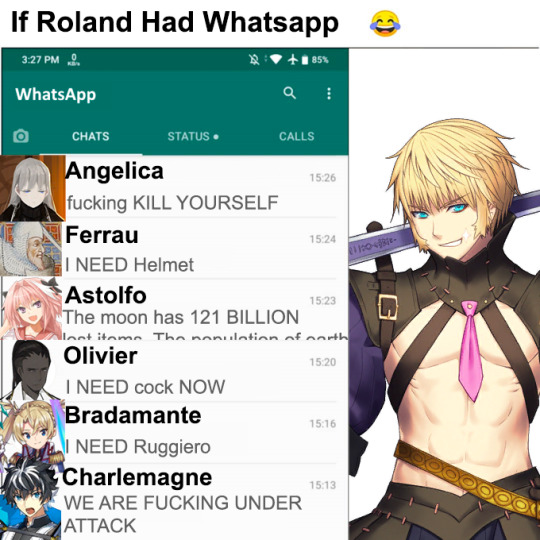
#roland#orlando innamorato#orlando furioso#fate/grand order#library of ruina#library of ruina spoilers#angelica#ferragut#astolfo#olivier#bradamante#charlemagne
322 notes
·
View notes
Text
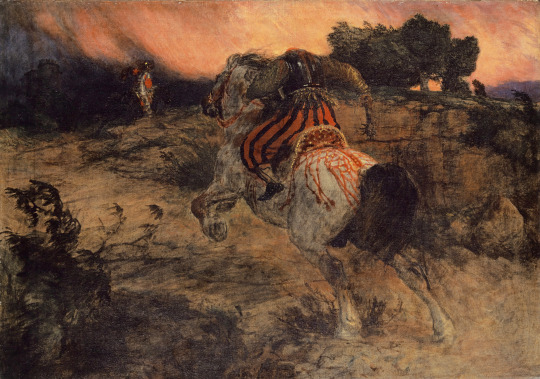
Astolfo Riding Away With the Head of Orrilo, by Arnold Böcklin.
The immortal, indestructible brigand Orrilo is one of the monsters encountered by Duke Astolfo in Ariosto's Orlando Furioso. Astolfo chops off Orrilo's hands, then both his arms, then the rest of his limbs, but no matter how he carves Orrilo up, the severed pieces are picked up (even if he was completely delimbed, apparently) and reattached with ease. He laughs when his torso is cleaved through, and severing Orrilo's head only slows him down long enough to put it back on his shoulders.
The only way to kill him is to cut a single magic hair on his head. Astolfo figures this out and decapitates Orrilo, then quickly gallops off with the head. Orrilo gropes around briefly in the sand before realizing his head is gone, and sets off in hot pursuit to get it back. It is this moment that Böcklin depicts here - Astolfo in the distance, with a frantic, headless Orrilo on his heels.
Volea gridare: Aspetta, volta, volta!
ma gli avea il duca gia la bocca tolta.
Orlando Furioso, canto XV., 84
He would have liked to shout: 'Come back! Come back!'
But of his mouth he felt a grievous lack.
Orlando Furioso, canto XV., 84, B. Reynolds (1975) translation
Astolfo solves the problem of finding the hair by shaving the whole head with his sword, and once he hits the fateful hair Orrilo drops dead and falls unceremoniously off his horse.
34 notes
·
View notes
Photo

Orlando Furioso
Art by Gustave Dore
128 notes
·
View notes
Text
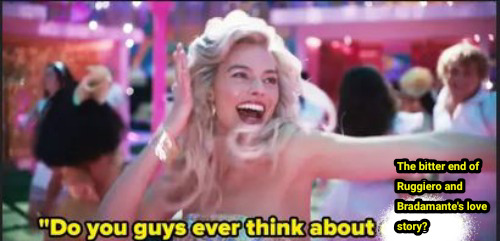
Low quality meme for today's Orlandoposting
#italian literature#matteo maria boiardo#orlando innamorato#ludovico ariosto#orlando furioso#orlandoposting#ruggiero#bradamante#ruggiemante
48 notes
·
View notes